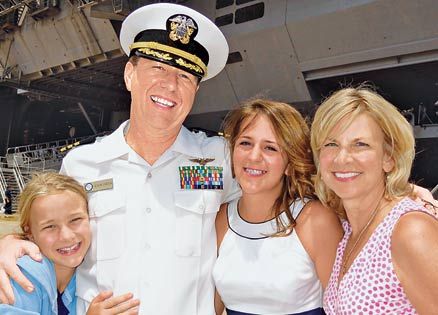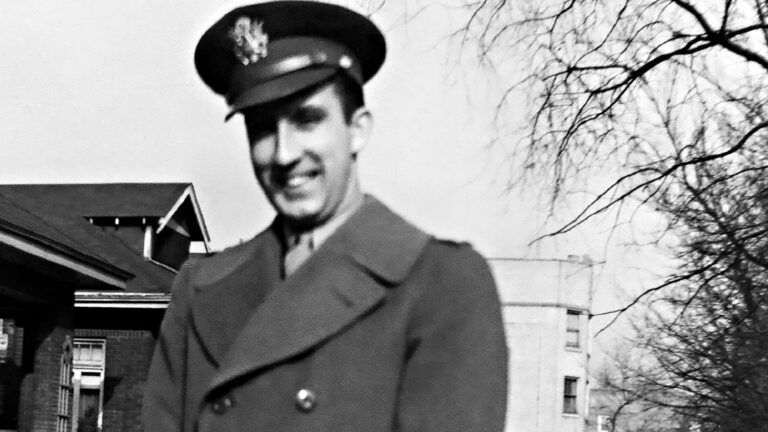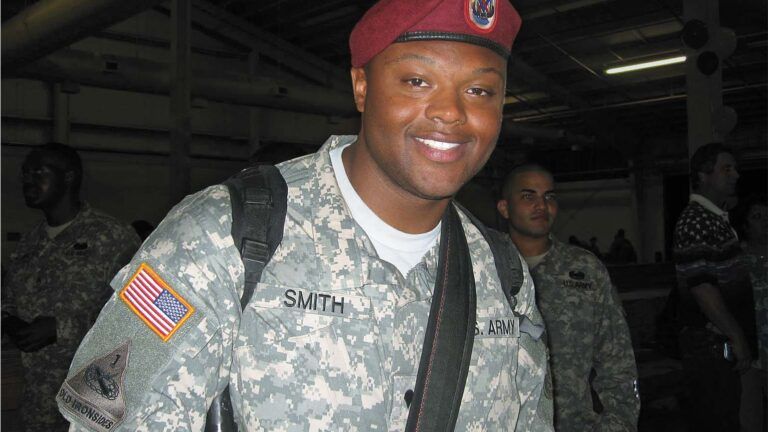A military family like ours has to move a lot, and those little things that travel with you from post to post can take on unexpected meaning.
One day last summer we were living in Annapolis when I heard a loud crash come from the dining room.
“Oh, no,” said my wife, Shelly. I dashed in to see her staring at shards of porcelain on the polished hardwood floor. Her beloved milk pitcher.
“I just bumped the china cabinet and it fell,” Shelly said, her voice full of sadness and disbelief.
“I’m so sorry,” I said.
It was like losing a member of the family. The simple pitcher, glazed a smooth white, had been passed down from Shelly’s mom. It had sustained us through 10 moves. The little cat on the handle peering over the lip had always cheered me.
I hugged Shelly. “I’ll clean it up,” I told her.
I knelt down and fingered a shard. I’m a Navy chaplain. It’s my calling. I took an oath to serve the military, but my wife and daughters didn’t. And with each move, each new school for our two girls, each new duty station, I’d seen the toll my decision took on my family.
No permanent friendships, no one place to call home, no time to set down roots in a community. They’ve borne it with grace and good humor, but now I wondered if they ever felt our lives were as scattered as the pieces of that pitcher.
I swept the pieces into a box. Maybe they’re worth saving, I thought. Maybe they could be glued back together.
I put the box in the back of a closet. Shelly never asked about the broken pitcher. She probably assumed that I’d thrown it away.
Later I overheard Shelly on the phone telling her mom about the accident. I called her mother back to see if she knew what I could do with the pieces, since she was familiar with the area.
“There’s an antique dealer in town who might be able to help,” she said. She gave me the name and address of a man who did repairs on fine porcelain.
“It would be a perfect Christmas surprise,” I said, “if he could only fix it.”
I drove to the dealer’s, set the box on the counter and explained what had happened. He gazed at the shards, expressionless. I was afraid he didn’t understand how important this was to Shelly and me.
“I want it to look just like it used to,” I said.
“I’ll do my best,” was his response.
Shortly before Christmas he called and told me that the pitcher was finally ready. I walked into the shop full of hope. The man was supposed to be an expert. He held up the repaired pitcher and handed it to me.
Yes, it was all in one piece, but I could see fine lines where the pieces had been glued together. The glaze wasn’t smooth anymore but marred by some new white finish. The pitcher looked flawed, damaged. Not the same at all.
Still, Christmas Eve I put it in a box and wrapped it up, hoping that Shelly wouldn’t be as disappointed as I was.
Christmas morning she opened the box and folded back the tissue paper, then looked up at me, astonished. It was as though a long-lost friend had been found again.
“I can’t believe it,” she said. “Oh, John, thank you.” She cradled the pitcher in her hands.
In that gesture I saw what I’d been missing all along. I’ve followed God as best I could in my calling, and my family has followed me. We’ve been uprooted, scattered.
And yet at each new post, we have been restored, our broken places made whole by our love for each other and for God.
Download your FREE ebook, The Power of Hope: 7 Inspirational Stories of People Rediscovering Faith, Hope and Love.






